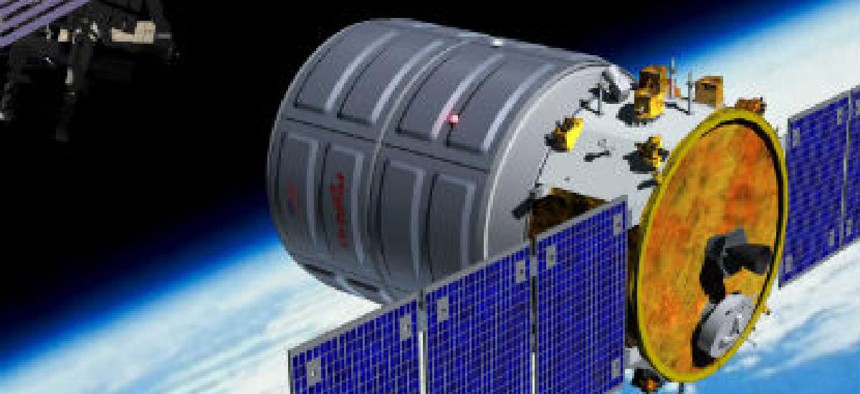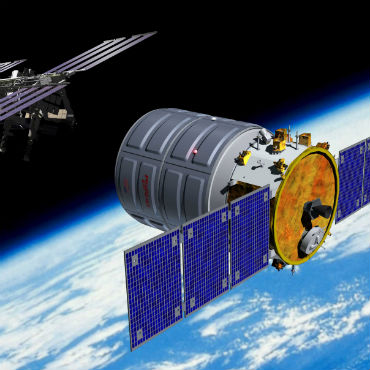Bolden: Crew transport project will drive innovation

The next phase of the Commercial Crew Program will "spur American ingenuity," NASA chief says.

NASA has successfully used commercial space transport services to launch cargo, and is now looking to do the same for human crews.
In releasing a request for proposals for the next phase in commercial space transport capabilities aimed at getting U.S. astronauts to the international space station, NASA Administrator Charles Bolden says he also hopes to spur innovation through his agency's acquisition process.
NASA issued the RFP for the next round of its Commercial Orbiter Transportation Services program Nov. 19.
The same day, in a keynote speech at a National Contract Management Association symposium, Bolden said the next phase of NASA's Commercial Crew Program -- the Commercial Crew Transportation Capability (CCTC) -- will "spur American ingenuity," in addition to establishing a more efficient way to get space crews into low-earth orbit.
Bolden wants an alternative to paying Russia to lift U.S. astronauts to the international space station on their rockets. "I just wrote a $454 million check to Russia for crew access to the space station. We shouldn't be doing that."
The effort to commercialize crew delivery is in the same mold as NASA's commercialization of space cargo delivery. The outspoken ex-Marine said the effort builds on the agency's past success in cargo transportation with Orbital Sciences and SpaceX. Both companies developed their own rockets and control systems to send cargo to the space station under similar agreements with NASA.
"Our American industry partners have already proven they can safely and reliably launch supplies to the space station, and now we're working with them to get our crews there as well," he said.
CCTC proposals are due Jan. 22. NASA said it expects to award one or more contracts by September 2014, although the agency's website warns that the program is "subject to the availability of adequate funding."
CCTC is the second phase of a two-phase effort that began in 2012, building on the Certification Products Contract, which required companies to deliver a range of products to establish a baseline for their integrated system certification. This phase is open to any company with systems at the design maturity level consistent with the first.
Under the program, Bolden said, NASA will assess contractor's progress through a certification process throughout the production and testing of integrated space transportation systems, to include rockets, spacecraft and ground operations. The agency said at least one crewed flight test to the space station will be required before certification will be granted.
Bolden called the Certification Products Contract program, part of NASA's efforts to revolutionize its acquisition process. "More than 80 percent of our budget flows through procurement," he said, adding that in 2012 NASA awarded more than 45,000 contracts, spending $16.5 billion.
At the same time, the agency is struggling -- like many other federal agencies -- to hold on to its acquisition workforce. In an environment with sequestration cuts and government shutdowns, convincing new procurement recruits that working for the government is worthwhile is "getting really hard," Bolden said.
NASA has a two-for-one policy in hiring new personnel, according to Bolden -- two people have to leave before it can bring one new person onboard. "That's unhealthy" for any agency's ability to retain procurement staff, he said.
NEXT STORY: Can IT procurement be saved?


